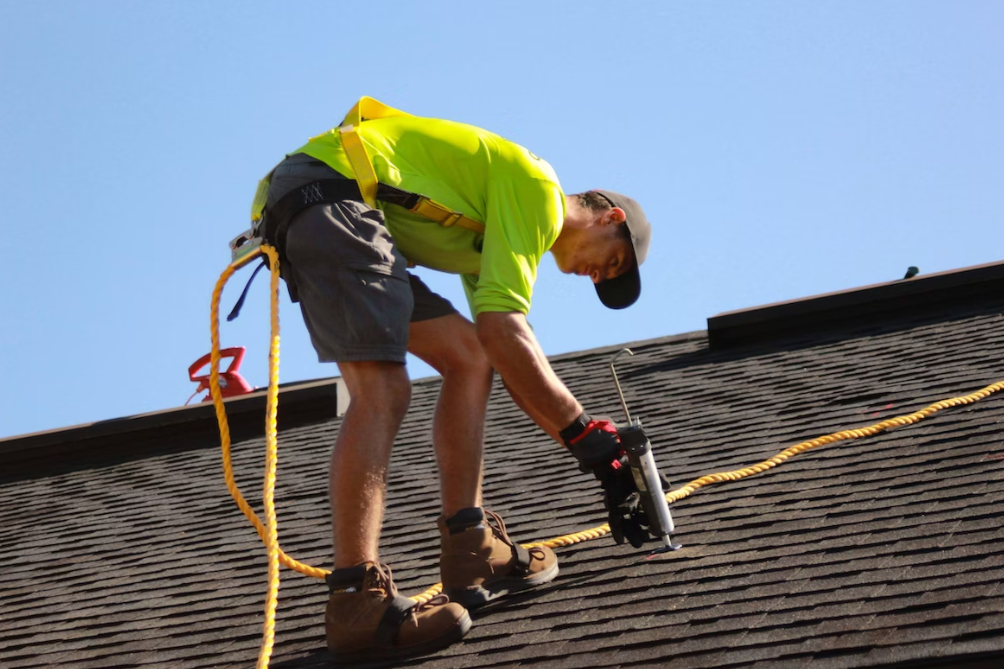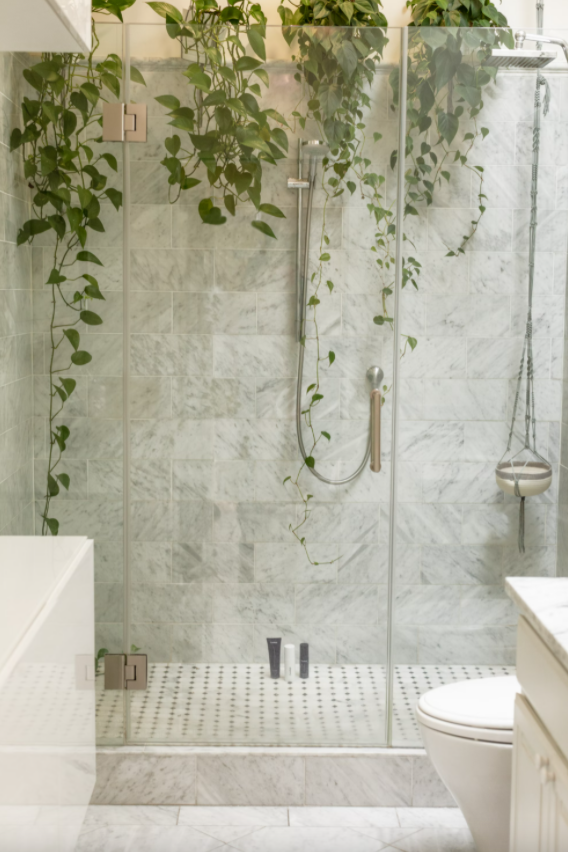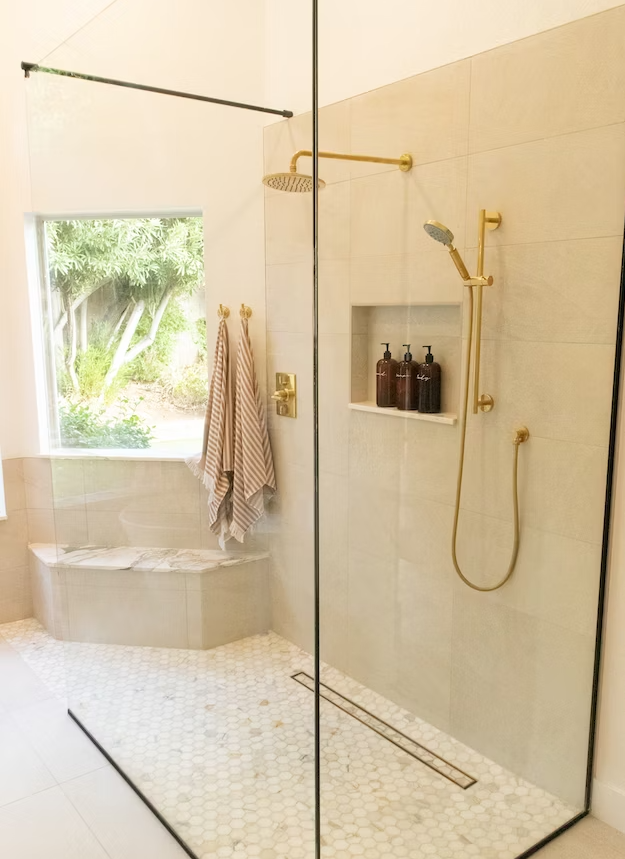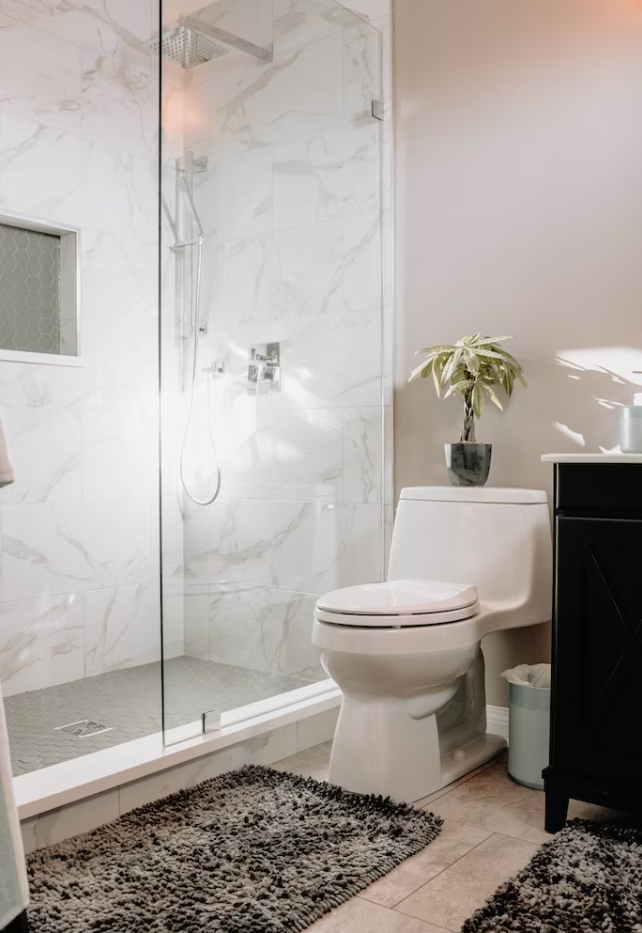With so many roofing contractors in Pennsylvania, finding the right one to work on your project can be quite a daunting task. It is essential to choose a professional who is not only reliable and experienced but also one who understands the specific needs of your roofing project. In this article, we discuss some valuable tips to help you make the best choice for your roofing needs in Pennsylvania.
Research and Ask for Recommendations
One of the first steps in choosing the right roofing contractor is conducting thorough research. This can involve searching online, reading reviews, and asking friends and family for their experiences with various contractors. When you research, try to gather as much information as possible about the different roofing professionals in your area. Look for a roofing contractor Pennsylvania that has a good reputation and a long history of satisfied customers.
It is also essential to check whether the contractor you are considering has the necessary licenses and insurance. This ensures that they are competent and qualified to carry out your roofing project safely and professionally. Don’t be afraid to ask for proof of licensing and insurance during the selection process.
Compare Estimates and Warranties
When you have a list of potential contractors, request written estimates from each of them. This will give you a clear picture of the pricing differences, as well as the scope of services offered. Avoid choosing the one with the cheapest quote as it may be a reflection of low-quality materials and workmanship. Instead, look for a fair and reasonable price that reflects the value of the work being done.
Be sure to clarify any questions or concerns you may have regarding their estimates. A reputable professional should be able to explain their pricing and provide a detailed breakdown of expenses so you can make an informed decision about their services.
Another factor to consider when choosing a contractor is the warranty they offer. A professional roofing contractor should provide a warranty that covers both materials and workmanship. This is important because it ensures that you are protected in case of any future problems with your roof. Take time to read and fully understand the provided terms before making a commitment to a specific contractor.
Communicate Your Requirements Clearly
It is crucial to have clear communication with your chosen roofing contractor throughout the entire process. Be specific about your expectations and requirements for your project. This will help both parties understand each other’s expectations and ensure a successful partnership throughout the project.
Avoid making assumptions and instead, ask questions if you need clarification on any aspect of the job. A professional contractor should be able to answer your questions confidently and address your concerns effectively.
It’s also a good idea to have a written contract in place before work begins. The contract should detail all aspects of the project, including pricing, materials, timeline, and any additional terms or conditions you agreed to. This gives both parties a clear understanding of their responsibilities and helps to avoid potential disputes or misunderstandings down the line.
Assess Their Level of Professionalism
Lastly, consider the level of professionalism exhibited by the roofing contractor when interacting with them. This can be an indicator of the quality of their work and their approach to customer service. Professional contractors should be courteous, prompt, and responsive to your inquiries and needs.
Pay attention to their communication style and how well they listen to your concerns and answer your questions. This can be a good indicator of how well they will work with you throughout the entire project duration.
Furthermore, consider if the roofing contractor is involved in any industry associations or trade groups. This demonstrates their commitment to staying updated with the latest developments and best practices in the roofing industry, ensuring they can provide quality work for your project.
Overall, choosing the right roofing contractor in Pennsylvania requires thorough research, comparing estimates and policies, clear communication, and assessment of their professionalism. By following these tips, you will be more likely to find a reliable, experienced, and competent contractor who can deliver a quality roofing project that meets your needs and budget.






